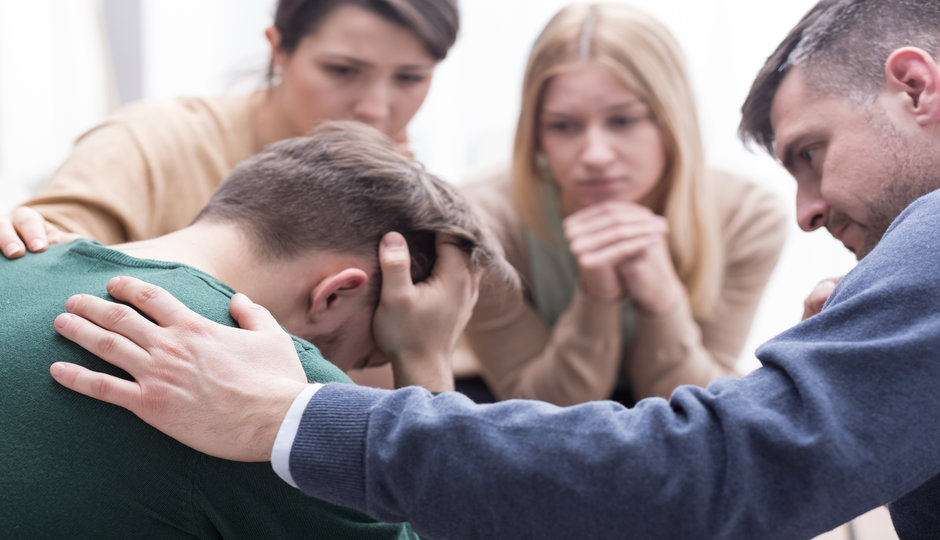What is Relapse? The Lifelong Journey of Recovery (And What Loved Ones are Still Trying to Understand)

Photo credit: Getty Images/KatarzynaBialasiewicz
Helping a loved one manage their addiction doesn’t stop in recovery. With nearly 28 million Americans who report they are currently recovering, addiction requires the same long-term care and management as other chronic illnesses, finds research published in the Journal of Addiction Medicine.
For people recovering from addiction, their rate of relapse — 40 to 60 percent — is comparable to those managing diseases like hypertension, asthma, and diabetes. It’s one of the reasons growing research is investigating ways to develop treatment plans for those with addiction that mirror those followed by people with other chronic diseases.
Just like battling the emotional highs and lows of relapse with a chronic illness, someone who is managing addiction experiences the same rollercoaster of emotion.
- They feel ashamed and wonder, “Am I a defective person?” or “How could I have done this again?”
- There is guilt realizing something went wrong.
- Often anger, restlessness, irritability or discontent with themselves and/or those around them can occur.
- There is also some fear feeling as though you do not have control of your addiction when things become difficult.
- Sadness and grief are regular during recovery, but also challenging during relapse. There’s a sense of loss in what you used to know as well as with losing your identity as a “recovering addict.”
- Thinking and verbalizing your problems can feel painful to talk about.
- Often, loved ones may feel loneliness in recovery as well as relapse because they have a difficult time identifying with others and feel as though no one can help them through their treatment.
- When relapse occurs it’s normal to feel powerless to addiction.
You don’t have to face these feelings alone. The Caron Treatment Centers Relapse Program pioneers relapse treatment with research and evidence-based practices from medicine and psychology as well as proven methods like cognitive behavioral therapy, dialectical behavioral therapy, 12-Step integration, motivational interviewing and positive peer culture.
At Caron Treatment Centers the multidisciplinary team of addiction experts understands that much like people managing a chronic disease, relapse can be influenced by a variety of environmental and behavioral issues unique to a person’s background. That’s why the tailored treatment plans at Caron Treatment Centers work to target the root cause of addiction and treat the whole family as the patient. Their integrated behavioral plans are proven most successful for long-term sobriety.
While relapse may not be preventable, understanding your loved one’s treatment and communicating throughout can help your family stay better connected as you work toward recovery together. If you notice warning signs that your loved one is wavering from their journey toward recovery, don’t wait to respond. Ask yourself these key questions:
- Have they stopped engaging in their recovery program?
- Are they no longer doing things that have helped them stay sober up to this point?
- Do they appear to lose control or emotion easily?
- Are they diverting their attention to other activities outside of their recovery treatment like working more hours?
While each day brings new challenges for you and your loved one, the team at Caron Treatment Centers aims to understand addiction and the potential causes of relapse. Although addiction is not simply ‘cured,’ resources are available to help you and your loved one on the lifelong journey managing the disease.
For more information on taking the next steps toward recovery, visit Caron Treatment Centers.
This is a paid partnership between Caron Treatment Centers and Philadelphia Magazine


